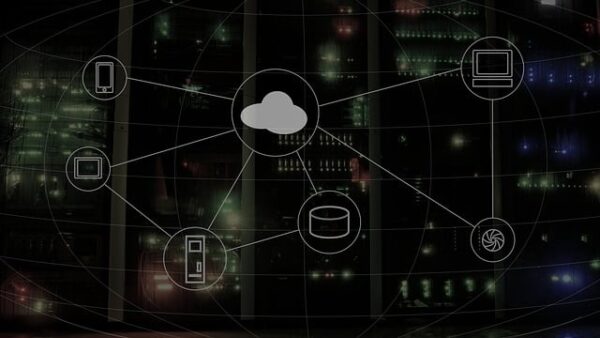Unlocking the Power of Cloud Computing: A Guide to the Future of Technology – By Bhanuka – eLanka

Cloud computing has become one of the most transformative technologies in recent years. It offers businesses and individuals the ability to store and process data remotely, which has opened up new opportunities for efficiency, flexibility, and scalability. In this article, we’ll explore what cloud computing is, how it works, and its various applications.
What is Cloud Computing? Cloud computing is a method of delivering on-demand computing resources, including servers, storage, applications, and services, over the internet. Instead of having to store and manage data on local servers or hard drives, cloud computing allows users to access these resources from anywhere with an internet connection. Cloud computing can be used for a variety of purposes, including data storage, software development, and website hosting.
How Does Cloud Computing Work? Cloud computing works by using remote servers to store, manage, and process data, rather than local servers or personal devices. This allows users to access their data and applications from anywhere with an internet connection. The most common types of cloud computing services are Software as a Service (SaaS), Platform as a Service (PaaS), and Infrastructure as a Service (IaaS).
SaaS: Software as a Service refers to cloud-based applications that are delivered over the internet. Examples of SaaS include Google Docs, Salesforce, and Microsoft Office 365. With SaaS, users can access these applications from anywhere, without having to download and install software on their own computers.
PaaS: Platform as a Service is a cloud-based service that provides a platform for building and deploying applications. PaaS providers offer pre-built tools and services that developers can use to create their own applications, without having to worry about infrastructure management.
IaaS: Infrastructure as a Service refers to a cloud-based service that provides virtualized computing resources, such as servers and storage. IaaS providers offer users the ability to scale their computing resources up or down as needed, without having to worry about purchasing and managing their own hardware.
Applications of Cloud Computing Cloud computing has numerous applications across various industries, including healthcare, finance, retail, and more.
Healthcare: Cloud computing is being used in healthcare to store and manage electronic health records (EHRs). This allows doctors and healthcare providers to access patient information from anywhere with an internet connection, making it easier to provide more personalized care.
Finance: Cloud computing is also being used in finance to improve the security and speed of financial transactions. With cloud-based financial services, transactions can be processed more quickly and securely, reducing the risk of fraud.
Retail: Cloud computing is being used in retail to create new and innovative shopping experiences. For example, retailers can use cloud-based services to provide personalized product recommendations to customers, based on their browsing and purchasing history.
Impact of Cloud Computing The impact of cloud computing is significant, and its benefits can be seen across various industries. Cloud computing has the potential to increase efficiency, reduce costs, and improve the speed and security of data processing.
In conclusion, cloud computing is a transformative technology that has the potential to change the way we store, manage, and process data. Whether it’s through healthcare, finance, retail, or any other industry, cloud computing has the potential to improve efficiency, reduce costs, and provide new opportunities for innovation. As cloud computing continues to advance, we can expect to see even more innovative and exciting applications in the future.







